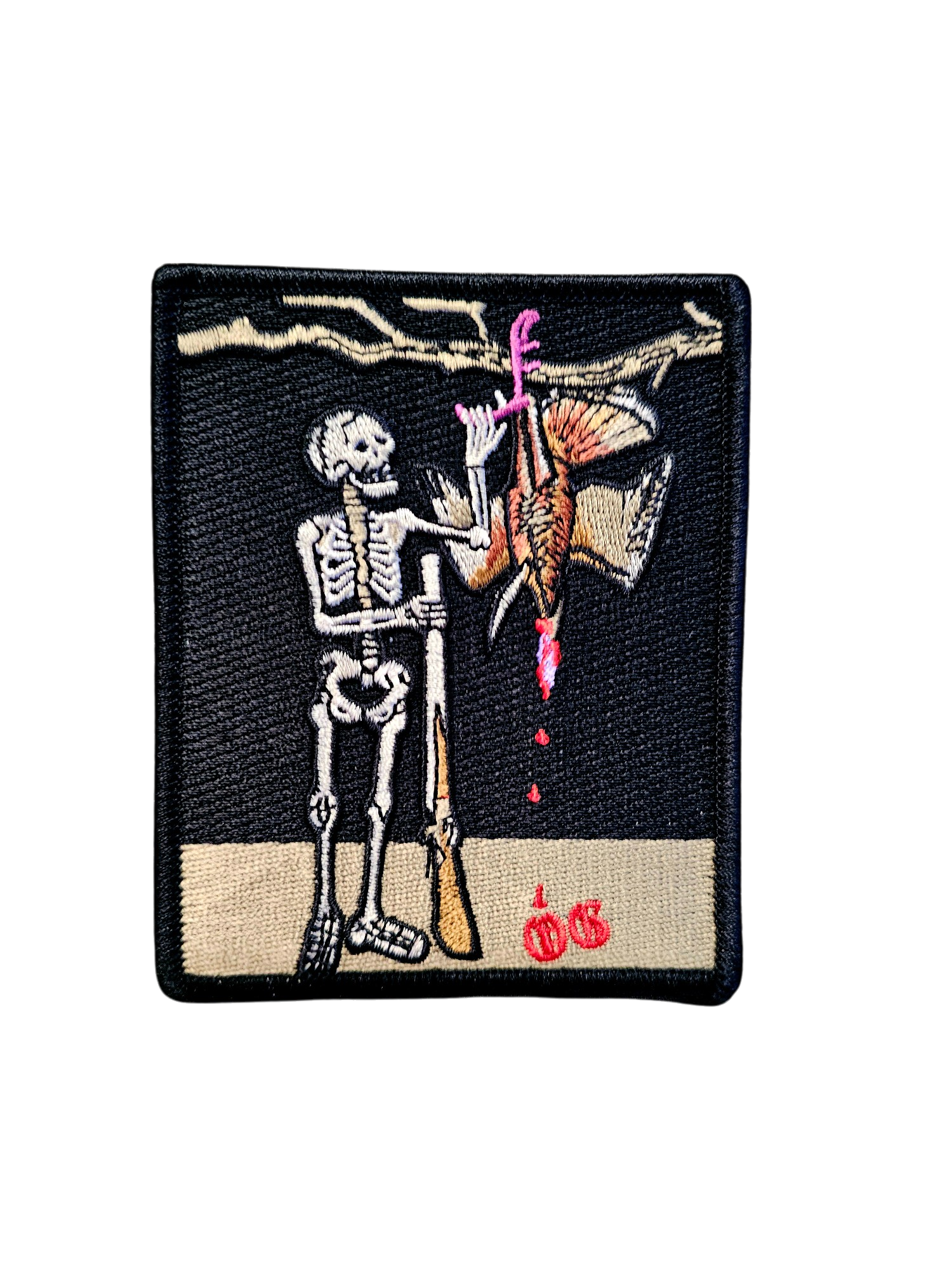        |
Where do all the turkeys go?Started by Banana, March 02, 2018, 06:42:06 AM Previous topic - Next topic
User actions
|
        |
Where do all the turkeys go?Started by Banana, March 02, 2018, 06:42:06 AM Previous topic - Next topic
User actions
|